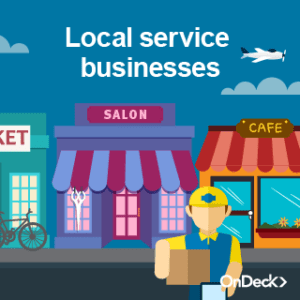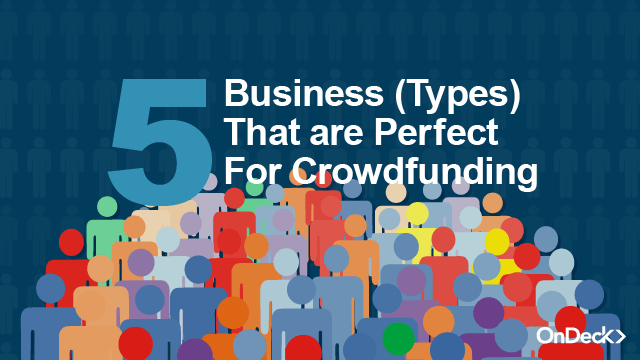5 Business (Types) That Are Perfect For Crowdfunding
Crowdfunding is one of the more empowering developments of the Internet age. Through the connected power of the masses, aspiring entrepreneurs can get their great ideas seen, supported, and funded.
A wide variety of ideas have found enormous success with crowdfunding. A few of the biggest successes include a redesigned “Coolest Cooler” that raised over $13 million, the movie adaptation of Veronica Mars that garnered $5 million, and this collection of miniature gaming figures which brought in $3 million… twice!
Certain business models, however, are especially primed for success via the format. Here are five business ideas that are perfect for crowdfunding.
1. Independent books

The economics of crowdfunding work especially well for book publishing. Typically, as an aspiring author, you need enough cash up front to cover research expenses, living expenses while writing the book, and the cost of publication. Selling 400 advance copies of a book for $20 each could provide your needed capital. And by presenting your book proposal to a crowd, you forego the long and arduous process of pitching to agents and publishers. Instead, you can get your ideas directly to the people who matter most: your readers.
2. Original tech gadgets

3. Local Service Businesses

4. Home cooking tools

5. Unique (and often quirky) home inventions

Unique inventions to solve at-home problems, on the other hand, can find great success. Ideas seeking to solve everyday problems, such as the fly-killing salt “shotgun” for a completely different take on pest control, and this uniquely convenient wet-diaper sensor, have found great success. The well-known “As Seen on TV” brand has even launched its own crowdfunding platform for just such inventions.
Maybe it’s time to revisit those ideas you used to toss around with friends; you might actually find a crowd of like-minded people willing to throw money behind your invention. And perhaps your greatest idea — be it large or small — could become a crowdfunded success.
This content is for educational and informational purposes only, and is not intended as financial, investment or legal advice.



